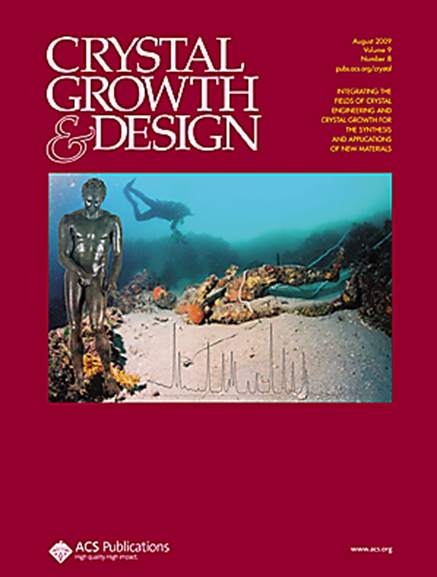RBI Cookie Policy
Cookie Usage
This site uses cookies.
We use Google Analytics for analysis and understanding of how people use the website. This analysis is to help improve the usage and effectiveness of the website.
Sublime Video player also uses cookies.
Opt-out
In order to provide website visitors with more choice on how data is collected by Google Analytics, Google has developed the Google Analytics Opt-out Browser Add-on. The add-on communicates with the Google Analytics JavaScript (ga.js) to stop data being sent to Google Analytics.
The Google Analytics Opt-out Browser Add-on does not affect usage of the website in any other way.
Further information on the Google Analytics Opt-out Browser Add-on.
For more information on the usage of cookies by Google Analytics please see the Google website.
Disabling Cookies
If you would like to restrict the use of cookies you can control this in your Internet browser.
You can find instructions online or via the software help.
More Information about Cookies
http://en.wikipedia.org/wiki/HTTP_cookie
http://eur-lex.europa.eu/LexUriServ/LexUriServ.do?uri=CELEX:32002L0058:EN:NOT


